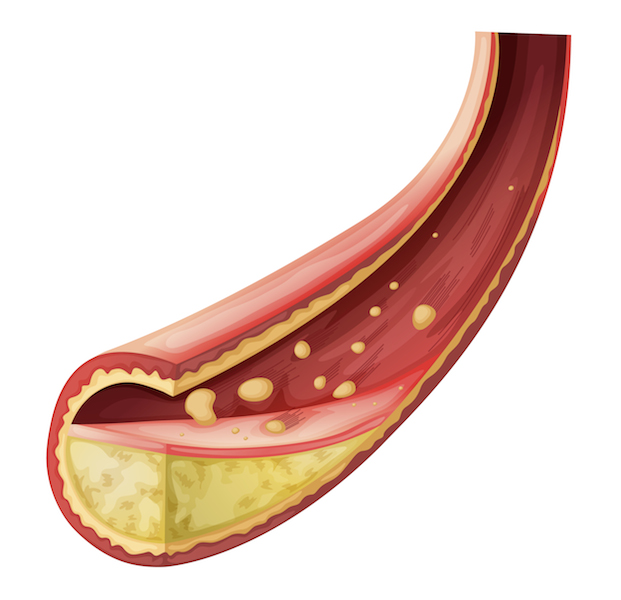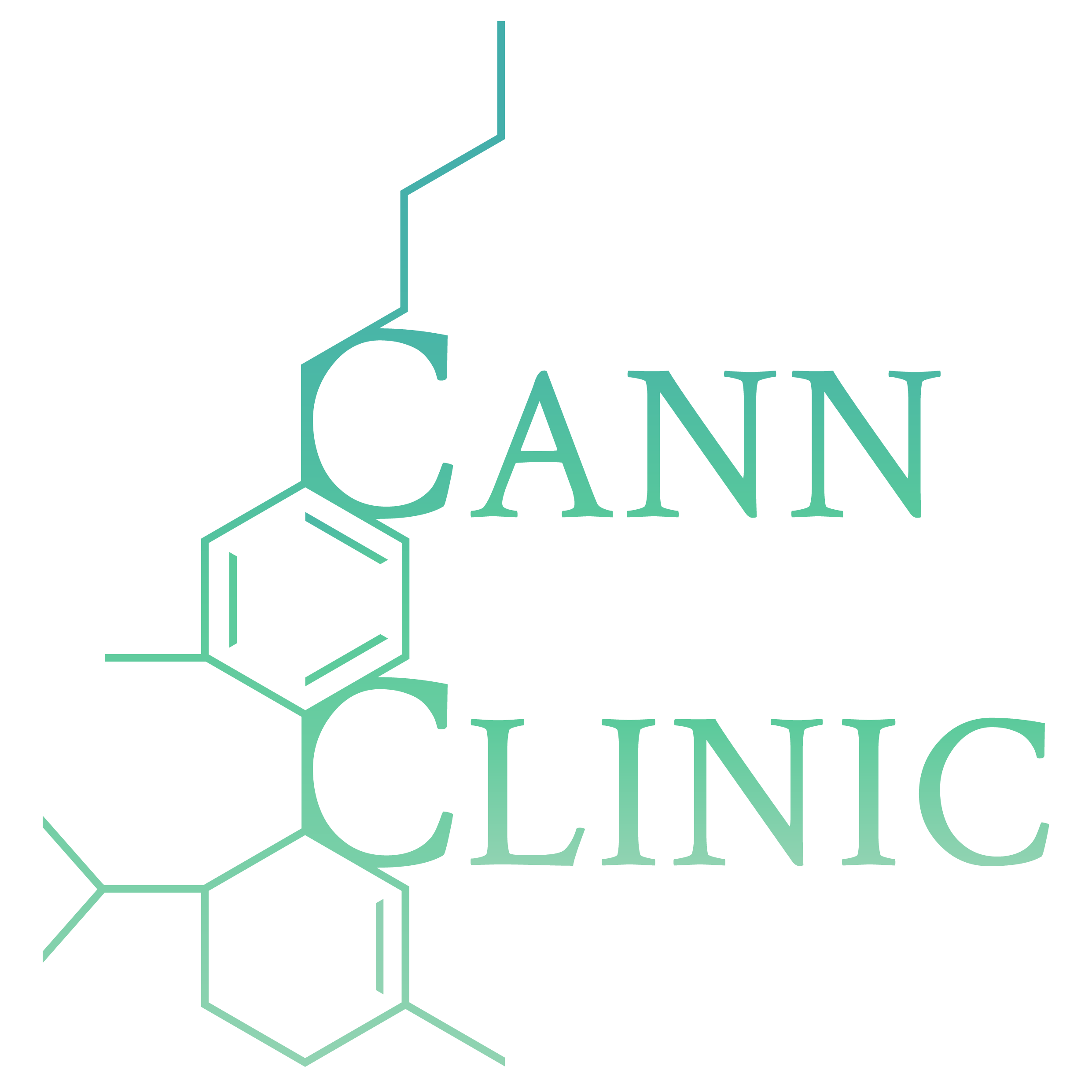Treatment Objectives
Cardiovascular Disease Treatment
Cardiovascular Disease Treatment (CVD)
Cardiovascular disease treatment consists of a wide range of medications and surgical treatments dependent of the severity of the patient’s condition. The root of heart disease is a blockage whereby blood flow is unable to circulate throughout the body effectively. Heart disease, or cardiovascular disease, involves a large range of conditions, some of which include blood vessel diseases such as coronary artery disease. Cardiovascular disease may include problems with the hearts rhythm which is called an arrhythmia, or a patient may have developed congenital heart defects.
Medications for the treatment of cardiovascular disease
Anticoagulants – The following is a partial list of the most popular prescribed. They work to decrease the bloods ability to clot (coagulate) and are often referred to as “blood thinners”, although they don’t thin the blood and they are not capable of dissolving existing blood clots. Their job is to prevent harmful clots from forming within the blood vessels alongside preventing existing clots from increasing in size.
- Dalteparin (Fragmin), Danaparoid (Orgaran)
- Enoxaparin (Lovenox)
- Warfarin (Coumadin)
Antiplatelet Medicine- These are prescribed to prevent the formation of blood clots, by stopping them from sticking together. Patients who have experienced a heart attack or ischemic strokes are oftentimes prescribed this medicine.
- Aspirin
- Ticlopidine
Other Medications Include:
Angiotensin-Converting Enzyme (ACE) Inhibitors
Angiotensin II Receptor Blockers (or Inhibitors)
Angiotensin-Receptor Neprilysin Inhibitors (ARNIs)
Beta Blockers
Combined alpha and beta-blockers
Calcium Channel Blockers
Vasodilators
Diuretics
It should come as no surprise to patient’s with symptoms of heart disease that one of the best cardiovascular treatments to undergo immediately is one of a lifestyle change.
Cardiovascular Treatment : Lifestyle Change
Quit Smoking
Smoking raises the risk of cardiovascular disease and quitting should be a priority in the prevention of heart attack and continued damage to the body. There are many programs and products available to help those struggling with nicotine addiction. Ask your doctor for further information.
Nutrition
Though eating nutritionally may be 2nd nature to some, consuming a healthy diet may be something a patient needs to learn. The healing that comes from eating healthy foods and keeping well hydrated is paramount in fighting all disease. Be aware of sodium levels in your food. Too much salt can raise blood pressure. Also try to avoid food and drink that are high in sugar. Water is the best beverage and should be consumed often.
Alcohol
Alcohol consumption should be at a minimum. Research does suggest that having small to moderate amounts of alcohol is acceptable and may lower the risk of cardiovascular disease. Women are urged to consume no more than 1 drink a day. Consuming too much alcohol causes weight gain and can raise both blood pressure and triglyceride levels.
Exercise
It is important to maintain regular physical activity. Not only does it lower many risks associated with cardiovascular disease but it can help lower the risk for diabetes and raise HDL cholesterol levels which are essential in the removal of cholesterol from arteries.
Weight Loss
If you are truly serious about preventing heart disease and achieving longevity then there is no time like the present to shed the excess weight stored on your body. Being overweight is a high risk factor for cardiovascular disease. Even making small shifts in your day like cutting out certain foods you know are bad for you, or taking a quick stroll on your lunch break can steer your health down a more positive track – whilst boosting your morale and sense of accomplishment.
Mood and Stress Levels
Research has shown that a heart attack can be triggered by anger or by stress. Keeping a close watch on your mental health will help you remain conscious and proactive in your heart health. Keeping active, partaking in yoga and calming activities you enjoy will help relieve stress and set you up with the understanding of what works for you individually.
Medical Cannabis Treatment for Cardiovascular Disease (CVD)
Felsenstein Medical Research Center in Israel recently published information from a study conducted offering new evidence about the potential cardiovascular medical value of cannabis. Published by the Journal of Biochemical Pharmacology, the study was engaged in determining whether small amounts of THC may offer any protection to the heart. The experiment was done using mice as the subjects.
“A single ultra low dose of THC before ischemia [Insufficient Blood flow] is a safe and effective treatment that reduces myocardial ischemic [Heart Attack] damage.” — Felsenstein Medical Research Center, Israel
Administering very small amounts of THC (this being 4 times less than what would be considered an intoxicating sample) to the mice prior to a simulated heart attack (this was simulated by a restriction of blood flow to the mice). Administered on a schedule that referenced the “heart attack” and its timing, the mice received the dosage at 2 hours prior, 48 hours prior, and 3 weeks prior of this continuous treatment.
Researchers gauged the effect of the THC by observing several common signs known as residual effects from a heart attack. In each of the THC administration schedule, improvement was noted.
Cardiovascular Disease Statistics in Australia
A major cause of death in Australia, (CVD) Cardiovascular disease contributes to 43,603 deaths in Australia in 2013 and affects one in 6 Australians which accounts for 3.72 million people. Cardiovascular disease is responsible for killing one Australian every 12 minutes. It is one of Australia’s biggest health threats today.

What is cardiovascular disease?
Cardiovascular disease (CVD) defines all diseases affecting the heart and blood vessels. It is also the leading cause of deaths in Australia.
- Coronary Heart Disease
- Heart Failure
- Cardiomyopathy
- Congenital Heart Disease
- Peripheral Vascular Disease
- Stroke
Coronary Heart Disease – also referred to as ischaemic heart disease and is the most prevalent.
Heart attack – blockage of blood supply to heart causing damage to the heart muscle and its functionality. Also referred to as acute myocardial infarction.
- Angina – short episodes of chest pain. Caused by a temporary shortage of blood supply to one’s heart. Though it is not life threatening, it creates a higher risk for hear attack.
Heart failure – a condition that is life-threatening. Heart failure occurs when the heart cannot maintain enough blood flow to supply the entire body. This typically develops over the course of ones life., though in some it can be a sudden development. Those patients experiencing heart failure will find they are chronically tired, and unable to partake in physical activity.
Cardiomyopathy -thickening of the heart muscle which then reduces the effectiveness / functionality of the heart.
Cardiomyopathy and heart failure are typically experienced at the same time.
Congenital heart disease – is defined as any defect of the heart or central blood vessels that is present in an individual at birth. This may be indicated by an abnormality of the heart or heart valves, or by the narrowing of major blood vessels.
Peripheral vascular disease – disease of large arteries that supply blood to the peripheries. This oftentimes caused by arterial blockage from cholesterol or fatty substances. Also caused by widening of the arteries, like that in the aorta. This has the potential to lead to arterial wall rupturing.
Stroke – cerebrovascular disease occurring when an artery supplying blood to the brain experienced blockage or starts to bleed. This could result in a section of the brain dying which causes sudden impairment of one or more capacities such as thinking, vocalising and mobility.
Causes of Cardiovascular Disease
Cardiovascular disease refers to damage to your heart or blood vessels which is oftentimes caused by atherosclerosis. Atherosclerosis is a buildup of fatty plaques in the arteries. This plaque buildup causes the artery walls to thickens and stiffen which then inhibits blood flow through the arteries to organs and tissues.
Atherosclerosis is the most common cause of cardiovascular disease. Correctable and caused by lifestyle such as
ie) poor diet, sedentary lifestyle, lack of exercise, smoking, being overweight.
Symptoms of Cardiovascular Disease
Early Signs / Symptoms of Heart Disease
Heart Attack – Be aware that there are ways of recognising your susceptibility of a heart attack before it occurs. In the early stages, symptoms often come and go.
Clinical Studies / References:

